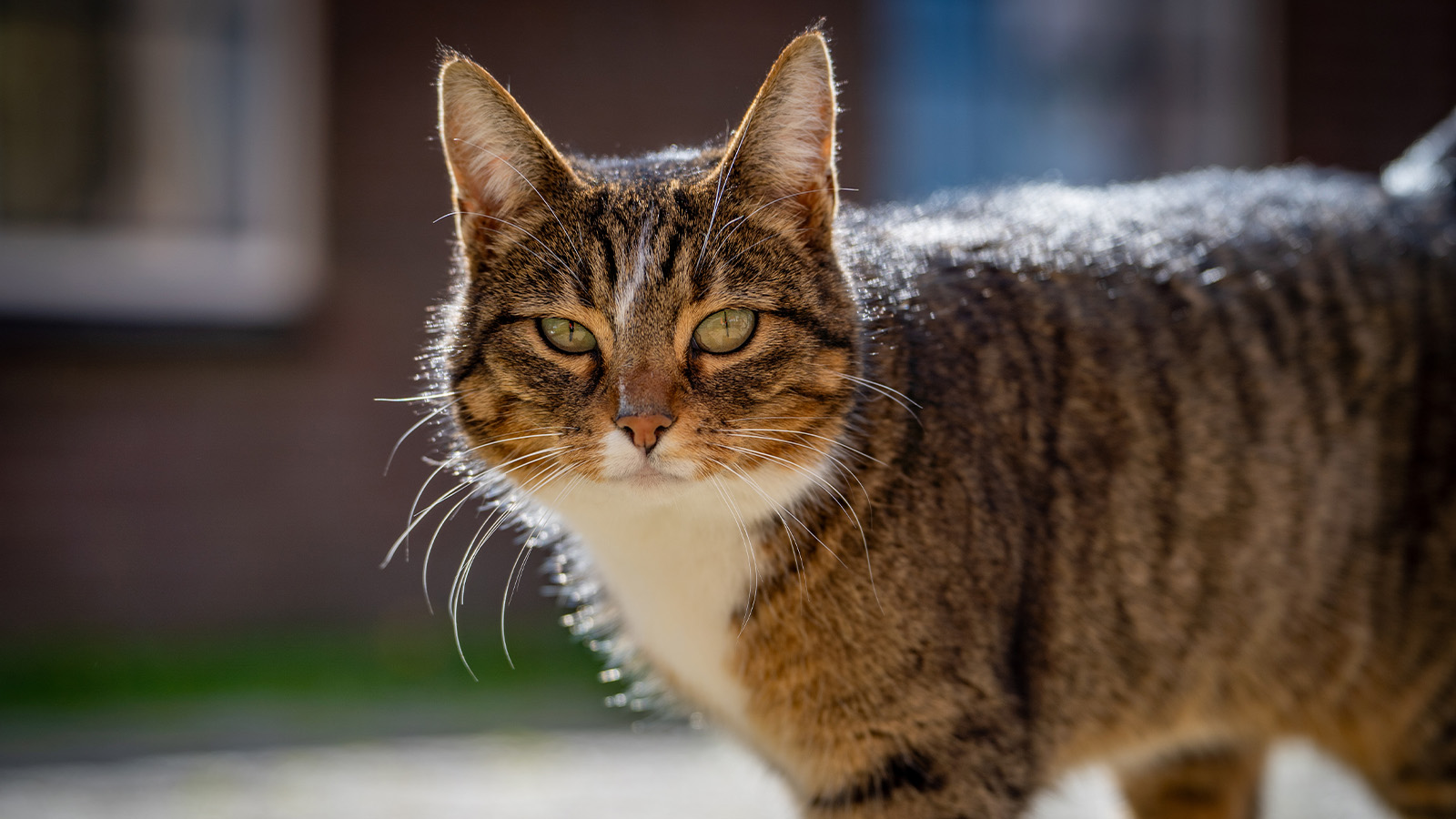When it comes to protecting our feline companions, knowledge is one of our most powerful tools. One of the most serious threats to cat health is the Feline Leukemia Virus (FeLV). Camden Animal Hospital has this guide to help pet owners understand this virus, how to prevent it, and how to care for cats who test positive.
How Do Cats Get FeLV?
FeLV is a contagious virus that can spread among felines. There are many potential symptoms of Feline Leukemia that can negatively impact health, including its ability to weaken a cat’s immune system, making it harder to fight off infections and secondary diseases. FeLV also increases the risk of blood disorders and is the leading cause of cancer in cats. Because it progresses internally, cats may seem healthy at first while the virus slowly impacts their health.
Feline Leukemia spreads through close contact, including:
- Mutual grooming
- Shared food/water dishes and litter boxes
- Bite wounds during fights
- Mother-to-kitten transmission during birth or nursing
Cats that roam outdoors or live in households with other cats that go outside face higher risks, as do kittens with their still-developing immune systems.
Feline Leukemia Prevention Tips
Vaccinating against FeLV is one of the best ways to prevent infection. The FeLV vaccine is generally recommended for kittens starting their initial vaccine series, adult cats that go outdoors, and cats in multi-cat homes where outdoor exposure is possible. The FeLV vaccine is safe and effective, typically given in a two-dose series followed by annual boosters.
Other methods to minimize Feline Leukemia risk include:
- Avoid allowing cats to roam freely outdoors
- Test and isolate new cats before introducing them to existing pets
- Annual FeLV testing, especially for at-risk cats
If Your Cat Tests FeLV Positive, What Happens Next?
A positive FeLV diagnosis can be overwhelming, but it’s not necessarily the end for your cat. The outcome depends largely on the progression of the disease and your cat’s individual response. Some cats may remain asymptomatic for months or even years, living relatively normal lives with good management.
Cats in the early stages may not show any symptoms. Over time, Feline Leukemia can lead to:
- Anemia
- Recurring infections
- Lymphoma
- Weight loss and poor coat condition
- Neurological symptoms
With love, care, and consistent monitoring, many FeLV-positive cats can enjoy a meaningful life. There are some steps you can take to support your feline pet and the cat community.
1) Keep Them Indoors. This reduces exposure to other infections and prevents transmission to other cats.
2) Provide a Nutritious Diet. Proper nutrition can aid your cat’s body in fighting off secondary infections.
3) Minimize Stress. Calm, predictable environments avoid stressing your cat’s bodily functions.
4) Stay on Top of Veterinary Visits. Regular checkups can catch secondary issues. If your cat is starting to show signs of developing another illness or infection, contact your vet right away for an appointment.
FeLV Vaccines and Testing in Camden, AR
Feline Leukemia doesn’t have to be a mystery. With prevention, early detection, and proper care, you can protect your cat or offer a good life to one living with FeLV. Camden Animal Hospital has FeLV vaccinations and testing for cats in Camden and from neighboring communities like Hampton, Smackover, and Stephens. Schedule an appointment today to protect your feline pet.


